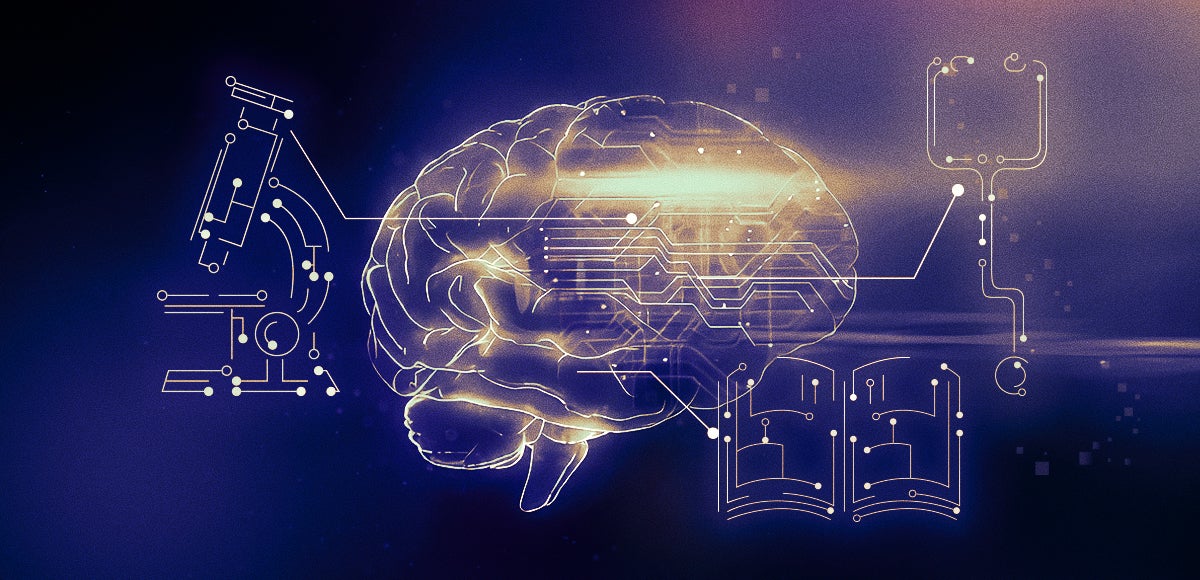Artificial intelligence (AI) is rapidly changing the world, and higher education is no exception. AI is already being used in a variety of ways in education, from grading essays to providing personalized learning experiences. As AI continues to develop, it is likely to have an even greater impact on higher education.
One of the most significant ways that AI is likely to biologybooks education is in the way we teach and learn. AI-powered tutors can provide personalized instruction to students, tailoring the learning experience to each individual’s needs. AI can also be used to create more engaging and interactive learning experiences. For example, AI can be used to create virtual reality simulations that allow students to experience different historical events or scientific phenomena.
AI is also being used to automate tasks that were once done by humans. For example, AI can be used to grade essays, score exams, and even conduct research. This automation can free up human time and resources so that they can focus on more creative and strategic tasks.
Of course, there are also some challenges associated with the use of AI in higher education. One challenge is that AI can be expensive to develop and implement. Another challenge is that AI can be biased, which can lead to unfair outcomes for students. It is important to address these challenges in order to ensure that AI is used in a responsible and ethical way.
Overall, the future of higher education in the age of artificial intelligence is bright. AI has the potential to improve the way we teach and learn, and it can also help to automate tasks that were once done by humans. However, it is important to be aware of the challenges associated with AI and to address them in order to ensure that AI is used in a responsible and ethical way.
Here are some additional thoughts on the future of higher education in the age of artificial intelligence:
- AI could be used to create more personalized learning experiences for students. This could involve using AI to track students’ progress and adjust the learning materials accordingly.
- AI could be used to create more immersive learning experiences. This could involve using AI to create virtual reality simulations or augmented reality experiences.
- AI could be used to automate tasks that are currently done by humans, such as grading essays or conducting research. This could free up human time and resources so that they can focus on more creative and strategic tasks.
- AI could be used to improve the assessment of student learning. This could involve using AI to grade essays or exams more accurately or to identify students who are struggling.
The use of AI in higher education is still in its early stages, but it has the potential to revolutionize the way we learn. By carefully addressing the challenges associated with AI, we can ensure that it is used in a responsible and ethical way to improve the quality of education for all students.




